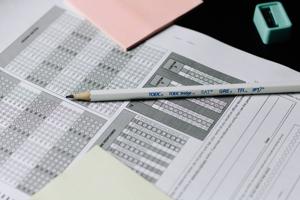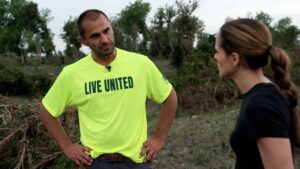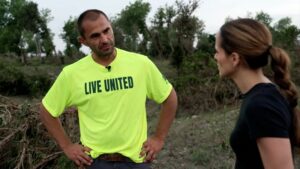
Flagstaff Unified School District’s (FUSD) governing board convened on Tuesday to review the outcomes of the latest state standardized testing. The results, presented by Michael Vogler, FUSD’s director of research, assessment, and data, highlighted the performance of students in the Arizona Academic Skills Assessment (AASA) and the Arizona Science test for the 2024-2025 academic year.
The meeting, held at the district’s headquarters in Flagstaff, provided a detailed analysis of the testing results, which concluded in May. This annual assessment is a critical tool for measuring student achievement and guiding educational strategies across the district.
Understanding the AASA Results
The Arizona Academic Skills Assessment (AASA) serves as a benchmark for evaluating student proficiency in core academic areas. According to Vogler, the results indicated a mixed performance across different grade levels and subjects. While some areas showed improvement, others highlighted ongoing challenges.
Vogler emphasized the importance of these assessments in shaping educational policies and resource allocation. “The data from AASA is not just about numbers; it’s about understanding where our students need the most support and how we can better serve them,” he stated.
Comparing Trends and Historical Data
This year’s results follow a national trend of fluctuating student performance post-pandemic. Many districts, including FUSD, are grappling with the long-term impacts of remote learning and the transition back to in-person education. Historical data suggests that while some recovery is evident, disparities in educational outcomes remain a concern.
According to the Arizona Department of Education, statewide performance has seen similar patterns, with urban districts often outperforming rural counterparts. This disparity highlights the need for targeted interventions and support systems.
Expert Opinions and Educational Strategies
Education experts suggest that a multifaceted approach is necessary to address these challenges. Dr. Lisa Hernandez, a professor of education at Northern Arizona University, noted, “Standardized testing is just one piece of the puzzle. We need to look at comprehensive strategies that include teacher training, curriculum development, and community engagement.”
FUSD has been proactive in implementing programs aimed at improving student outcomes. Initiatives such as after-school tutoring, summer enrichment programs, and partnerships with local organizations have been part of the district’s strategy to enhance learning experiences.
Looking Ahead: Implications for Future Policies
The results of the AASA and Arizona Science test will play a crucial role in shaping future educational policies within the district. The governing board is expected to use this data to inform decisions on budget allocations, curriculum adjustments, and resource distribution.
As the district moves forward, the focus will be on addressing the identified gaps and ensuring that all students have access to quality education. The ongoing dialogue between educators, parents, and policymakers will be essential in creating a supportive and effective learning environment.
In conclusion, the recent presentation of standardized test results offers a valuable opportunity for reflection and action. As FUSD continues to navigate the complexities of modern education, the insights gained from these assessments will be instrumental in driving positive change.






